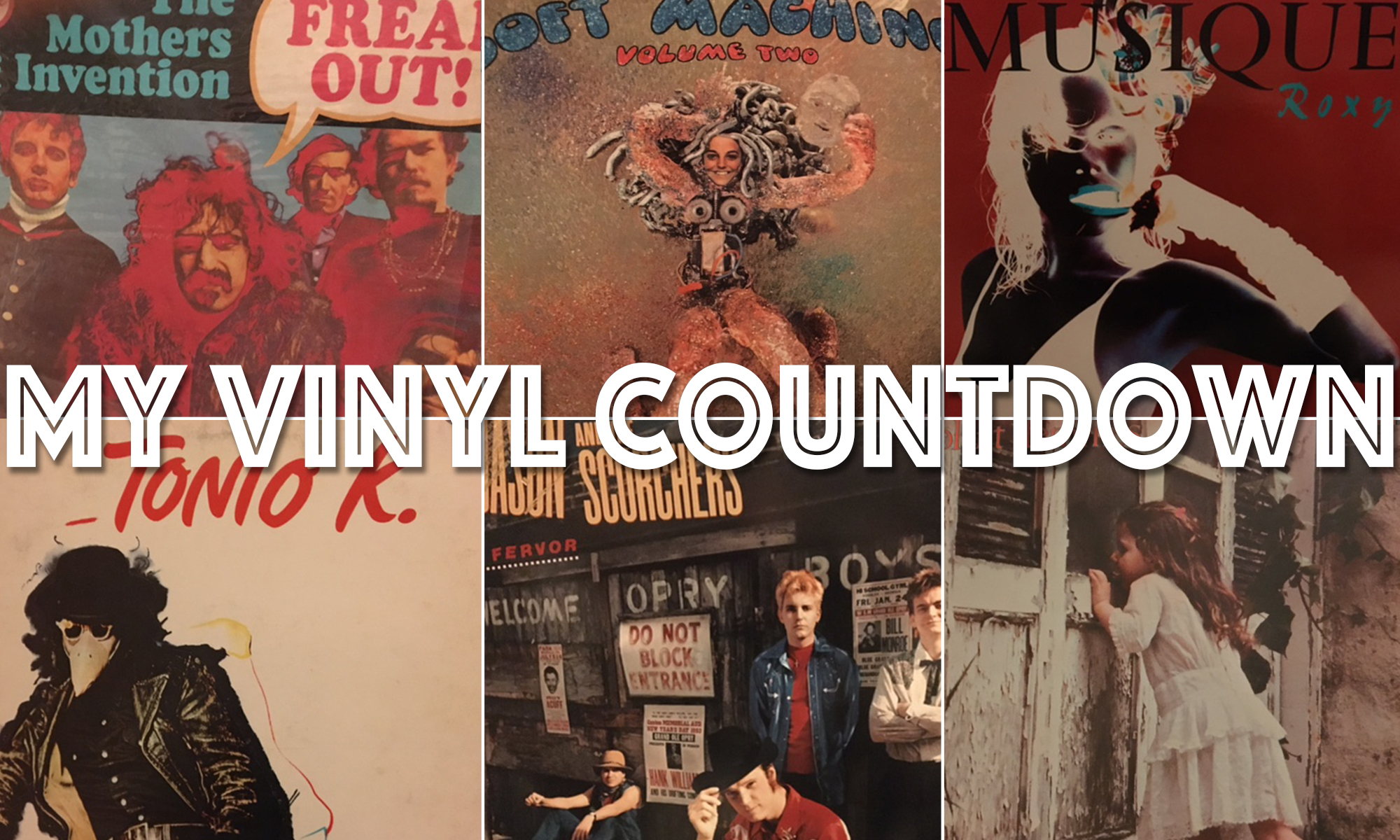Gus is dead.
The rust-colored family dog, a poodle mix, breathed his last breath Monday morning, moments after a veterinarian injected him with a lethal drug.
He was 17.
I wasn’t there at the time of death. I couldn’t bear adding anything to the trauma it brought to me. As someone living with Lewy body dementia, things like this give me a double- wallop.
My wife, Catherine, who was at the clinic in Avondale, said Gus died peacefully about 8:30 a.m.
I’ve been through this before. My father is a retired veterinarian. Molly, my yellow Labrador, was euthanized in 2012. I was stroking Molly when the injection was made, and Molly’s eyes went from deep pools of consciousness to click and fixed.
I wrote about my experience with Molly and then later wrote about Gus’ health declining . Euthanizing Molly was an easier call to make than Gus. Molly went from walking to not walking in just a couple days. She lie sprawled on the kitchen floor wheezing, likely due to heart failure. We carried her literally to the car to go to the vet.
Gus’ situation made it more difficult to make a call. At 17 Gus was already well beyond life expectancy but he was not senile and he was fairly mobile. He had a tumor larger than a golf ball on one side of his chest. It was benign. His back legs were in various stages of paralysis and climbing the stairs at night to come sleep on his dog bed was becoming more arduous. More than once he slipped and rolled down those steps. Only to pop up and try it again.
The newest deficit was incontinence. Unable to make it to somebody who would let him out, Gus ended up leaving ‘surprises’ for us nearly every morning. His eyes were clouded with cataracts, and as far as I could tell he was about 90 percent deaf. To hear you, Gus had to see your face, kind of like a lip reader.
Counting family pets growing up, I’ve had more than a half-dozen dogs during my life. Gus was probably the second smartest one I’ve had. Maggie, a dog we had in the 1980s, rescued from the Etowah County dog shelter near Gadsden, was a mixed border collie and literally could understand everything you said. Catherine rescued Gus from a shelter in San Francisco. Gus’ nickname was psychodoodle for his frenetic energy driven behavior in earlier years.

